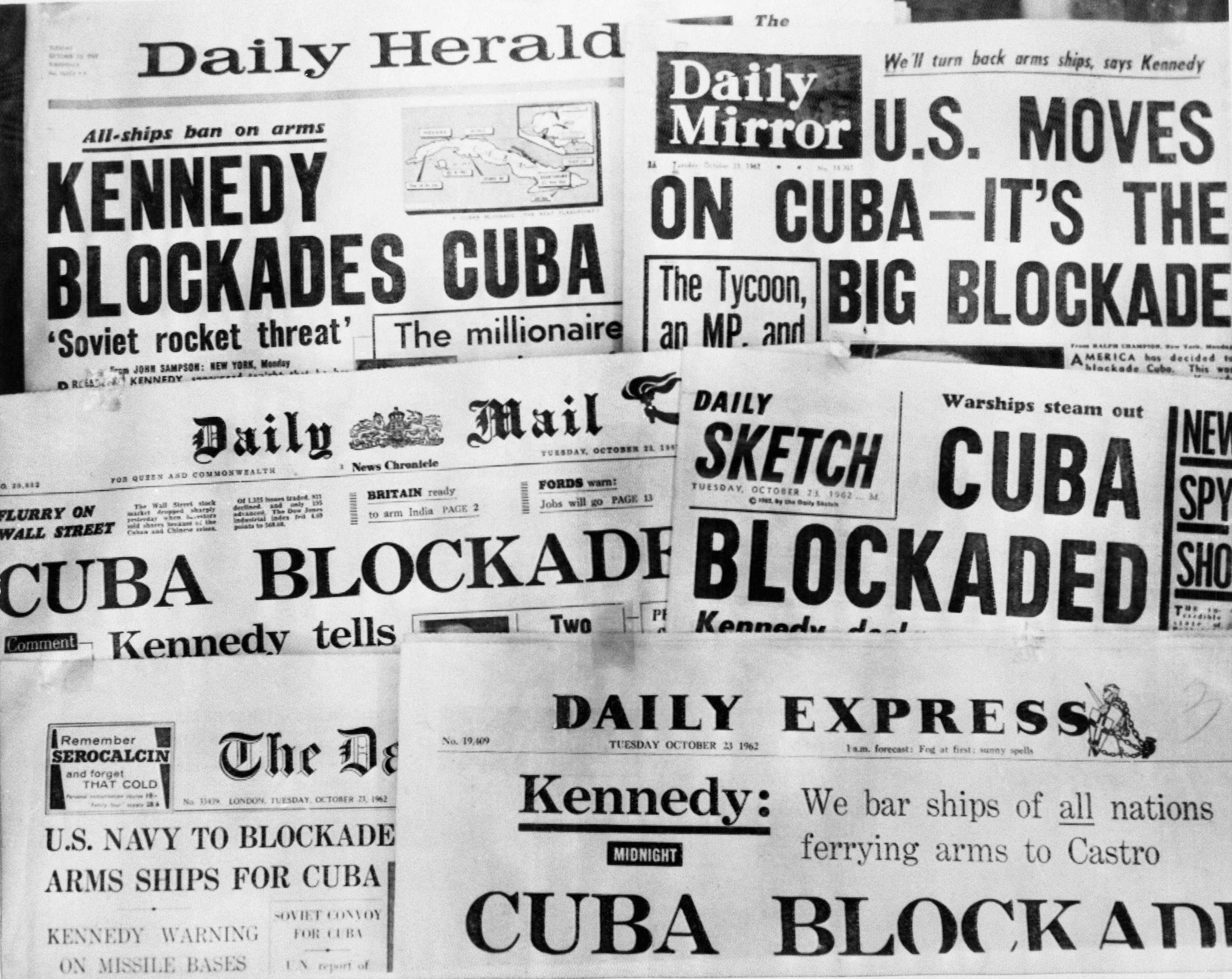
The 'spiral of insecurity,' asymmetrical warfare and evolved tech have changed the face of espionage. Welcome to the new world of intelligence!
"4:36 a.m... The old wooden building stood before me. A dark green knocker glinted on the door, marked with 'B.' Broken marble framed the entrance. I was sure I was at the right place. This had to end tonight. This had to end...
"A dim light flickered through the window. A candle, maybe. I inserted the key into the lock. Quietly, I opened the door and stepped inside. A sound came from the floor where the light was. I paused. He was writing again, lost in thought...
"I waited. I needed to remain unseen. This had to end tonight. This had to end...
"With my left hand on the pistol, I climbed the stairs. He still hadn’t noticed me. I calculated the angle for my shadow and slipped into the room...
"My heart raced. He didn’t react at all. It was as if he knew I was there. Slowly, he turned his head and met my gaze. 'That’s you,' he said. 'That’s you.' No fear. No surprise...
"It felt like he knew the end was near. I couldn’t pull the gun... I just... I should have, but I just couldn’t...”
The autobiographical notes above belong to a German double agent who retired after the Cold War, candidly reflecting on his failed mission.
Intelligence during that era was defined by trench coats, quirky glasses, coded messages, safe houses, confidential files and briefcases exchanged discreetly, all influenced by figures like Ian Fleming – whether working for Russia, the U.S. or both. It was the golden age of espionage, a time when countless coups, civil unrest, assassinations and protests were orchestrated with remarkable precision. Just ask any ordinary Latin American who lived through that period about the Cold War and its intelligence operations, and listen closely.

In those days, intelligence operated in its most classical form. The dark, foggy and shadowy nature of traditional intelligence. When we consider today's trend of transparency, how outdated those terms seem! We are no longer in the Cold War; the world has evolved beyond a bipolar structure, with wars becoming asymmetric and geopolitics entangled in a multipolar spiral. In truth, intelligence is no longer the James Bond-style espionage we have come to expect.
Right here, if I may, let me share a fun fact with you all. A humorous cliche in Turkish society suggests that every simit seller has an intelligence mission. You know the simit sellers – especially those on the busiest streets, at intersections bustling with pedestrians. They sell crispy traditional Turkish simit from small, hut-shaped red stands, and passersby frequently ask them for directions or other information. In a way, these sellers are stewards of their neighborhoods. With the volume of inquiries they receive, they often become frustrated – imagine giving thousands of directions each day, especially in an era overflowing with GPS technology. It is hard not to get angry. Many Turks jokingly claim that these bagel vendors are, in fact, intelligence officers. The humor has become so widespread that young people sometimes walk away from a simit seller saying "have a good day, officer!” or "take it easy, officer!”, laughing as they do so.
In fact, some simit sellers, eager to elevate their social status and prestige around, even adopt the persona of intelligence officers, which is reflected in their expressions. It’s quite funny!
However, this joke is nearing the end of its relevance. As I mentioned, we are no longer in the Cold War, Hollywood has changed, and intelligence has transformed as well. So why should the simit seller remain merely a simit seller? Intelligence has evolved, making its recognition increasingly challenging.
This change – or even evolution – is driven by three main reasons: shifting security concerns, power struggles and technologies.
'Spiral of insecurity'
In a recent interview with Anadolu Agency's (AA) Editor's Desk, Foreign Minister Hakan Fidan emphasized a key concept: the "spiral of insecurity."
The very concept itself was not praised by an ordinary politician from a wealthy northern European country or a media figure, but by the foreign minister of a nation with significant experience in dealing with conflicts, terrorism, non-state actors and various other security threats – a country with a history of intelligence spanning thousands of years. Moreover, this foreign minister had also led the nation’s intelligence organization for a considerable period. Thus, the notion he articulated demands careful consideration.
Now, let’s return to the "spiral of insecurity." This term describes a cycle in which rising anxiety leads to defensive actions that exacerbate the original threat. Nations escalate military responses, while individuals act defensively, creating a feedback loop of increasing vulnerability. Ultimately, whether discussing states or individuals, we are confronted with a vortex of security measures implemented in response to various security issues. Allow me to elaborate.
Insecurity breeds insecurity. The spiral of insecurity is self-perpetuating. Fear leads to more surveillance. Surveillance leads to more mistrust. Mistrust leads to more conflict. It’s a cycle that feeds itself. In other words, nations are no longer merely preparing for war – they are living in a state of permanent readiness. The spiral continues.
Asymmetrical power struggle
When discussing the spiral of insecurity, it is also crucial to consider the asymmetrical power balances involved. The term "asymmetrical power struggle" refers to situations where two parties or groups possess significantly different levels of power, resources or influence, thereby altering the dynamics of conflict. One side is often stronger, while the weaker party resorts to unconventional tactics. The ongoing genocidal activities in Gaza and the developments in the Russia-Ukraine war exemplify this dynamic.
The oppression of the weak by the strong is an ancient truth, but the extent to which it manifests in today’s politics is deeply troubling. Millions are slaughtered, millions more are starved, and countless individuals are displaced, while others are denied access to basic necessities. In the spiral of insecurity, amid asymmetric power struggles, a significant portion of the world's population suffers in misery or faces death.
Lastly, let’s examine the third factor driving the evolution of intelligence: the ever-changing world of technology.
Tech frontier
Artificial intelligence (AI), drones, the digital revolution and data analysis have transformed the landscape of intelligence. Operations that once unfolded in dark corners and shadows are now conducted openly, illuminated like crystal balls. No more secrets, no more curtains. The language of intelligence has evolved, the tools have changed, and even the demeanor of agents must adapt.
Spies are now digital navigators, and leaks turn secrets into spectacles. Knowledge has become the new power, with transparency serving as both a weapon and a vulnerability. The game has shifted: control the narrative, control the battle. The fog lifts, and the stakes rise. Intelligence has become an open secret.
However, as illustrated in a famous scene from the movie "The Bourne Identity,” where a character exclaims, "I don't even know who I am," the tension within intelligence operations remains intense. We cannot romanticize this world; intelligence work is still a dirty business, but it is now more transparent.
Briefly and currently, open-source intelligence (OSINT) reigns supreme; anyone with an internet connection can access crucial data. The ongoing war in Ukraine is just the biggest real-time example, as it proved how dominant OSINT is, with real-time satellite images and social media analyses becoming essential tools.
From now on, everything is just a click away, and there seems to be no turning back. Transparency offers both advantages and drawbacks. Revealing intelligence can deter aggression, as American politician John Bolton famously stated, "Intelligence is a tool of diplomacy, not just of war." However, transparency can also expose critical vulnerabilities, creating a precarious balance that series like "Homeland” effectively illustrate.
I won’t even begin to discuss the challenges posed by AI, which complicates the situation further. The volume of data can be overwhelming. Filtering relevant information is crucial. Verifying source credibility is essential. Misinformation can spread quickly online.
As time progresses, the spiral of insecurity continues to expand, the balance of power becomes increasingly asymmetric, and technology evolves rapidly. Consequently, society's demands for openness are intensifying. Caught between these realities, intelligence is inevitably transforming, lifting the smokescreen to reveal a new face.
As expressed in the first episode of the renowned Turkish intelligence series "Valley of the Wolves,” "You start a new mission, a different mission; you will die. A new face, a new identity; your past will be erased, your family, your relatives, everyone who knew you – they are no more!" Intelligence operates under these principles; it embodies a new face, a new mission and a new identity.
In this "new” world of intelligence, sadly, agents and double agents will no longer be able to write their experiences with the same vividness as those noted at the beginning. As modern warfare methods evolve, future writers will adapt as well. New intelligence, new warfare methods and new writers are on the horizon in this new world.
